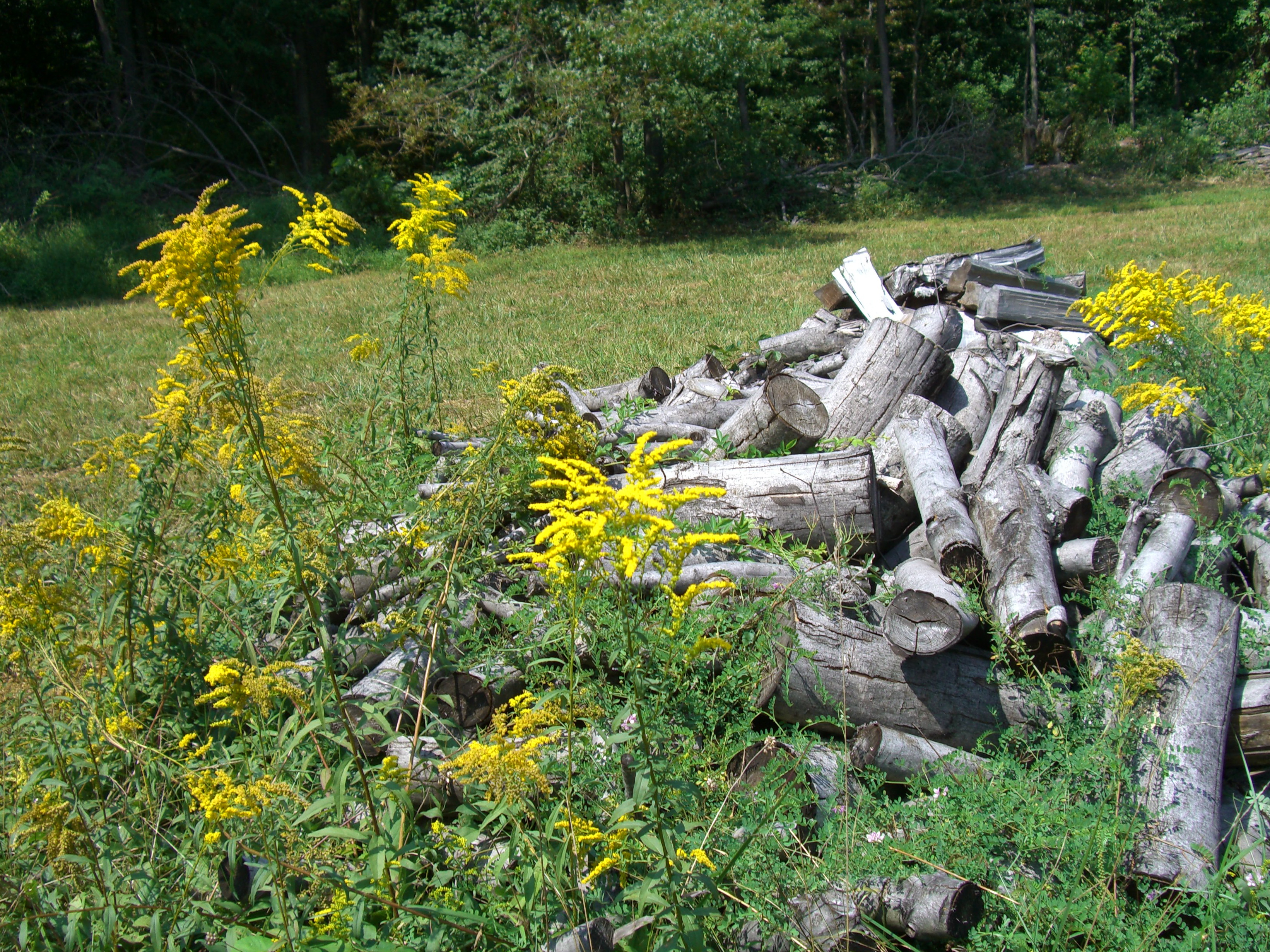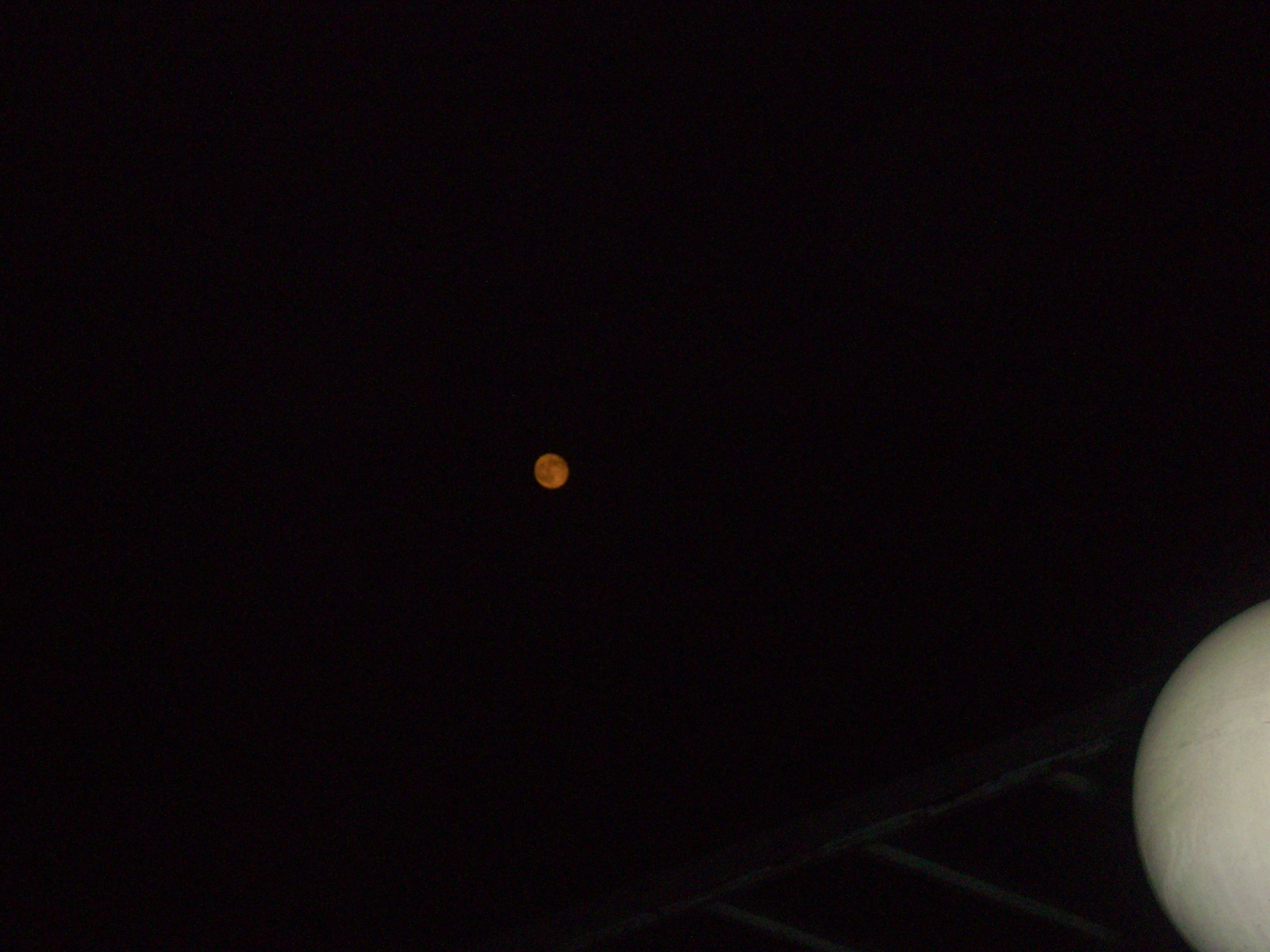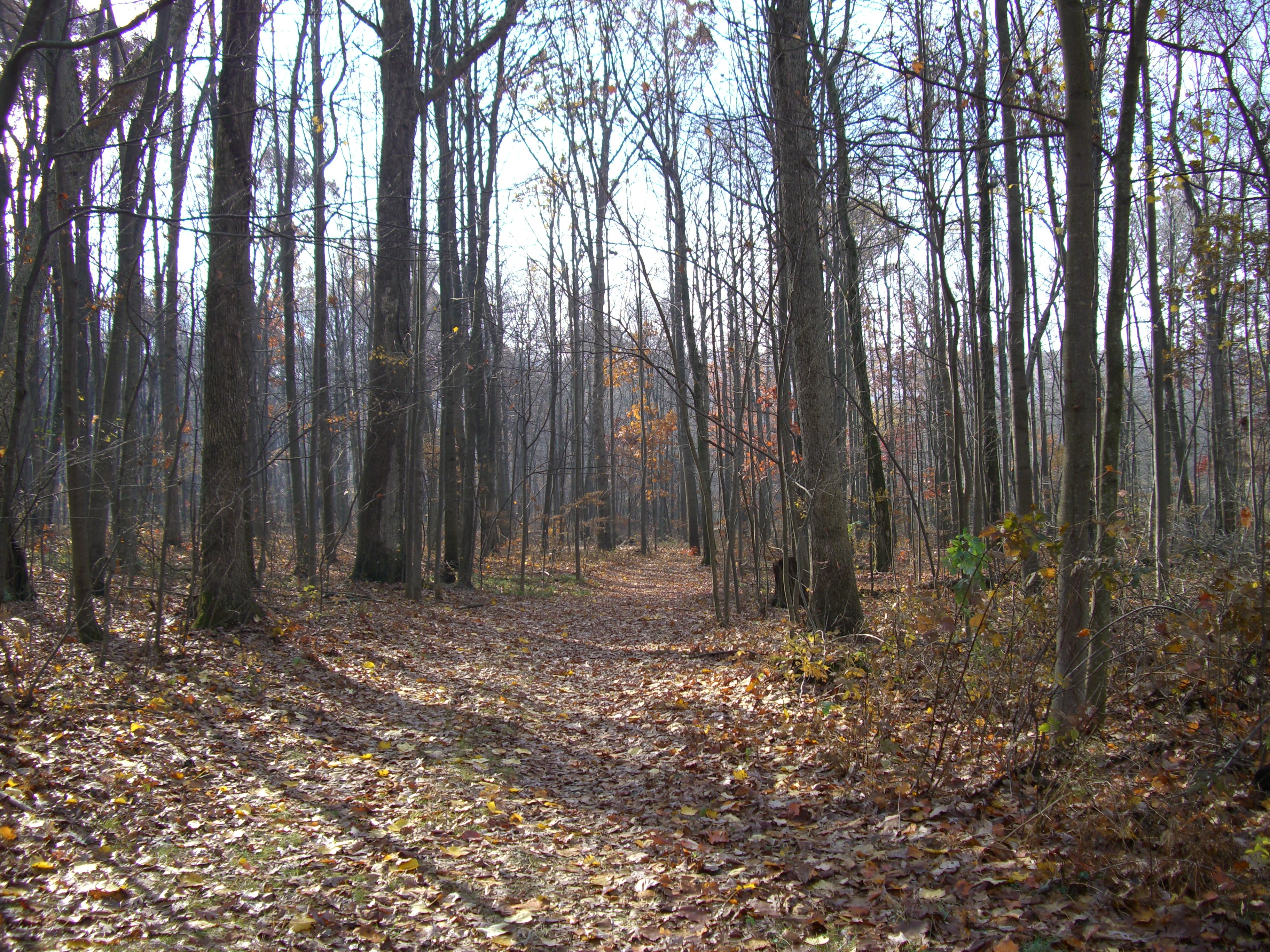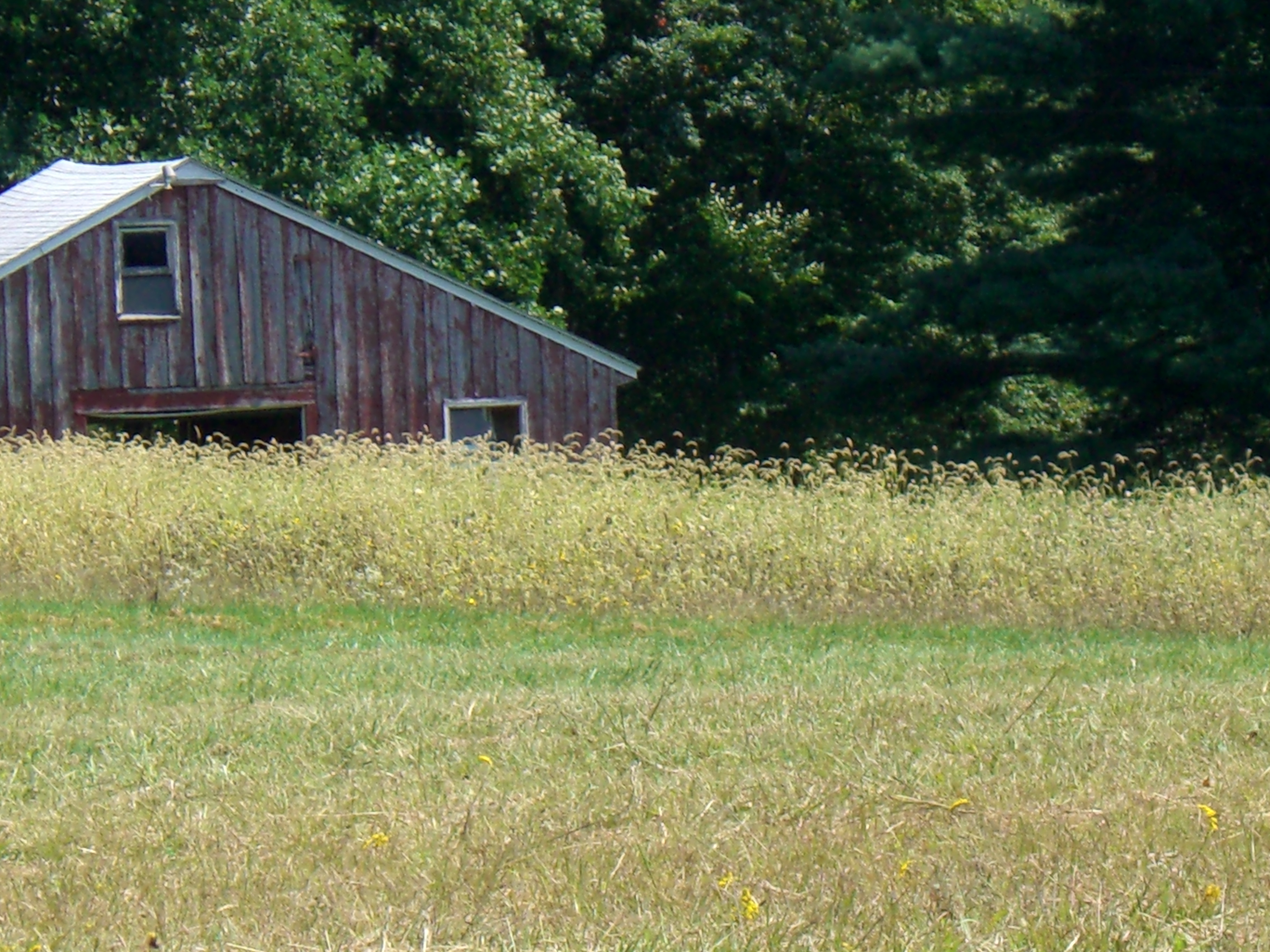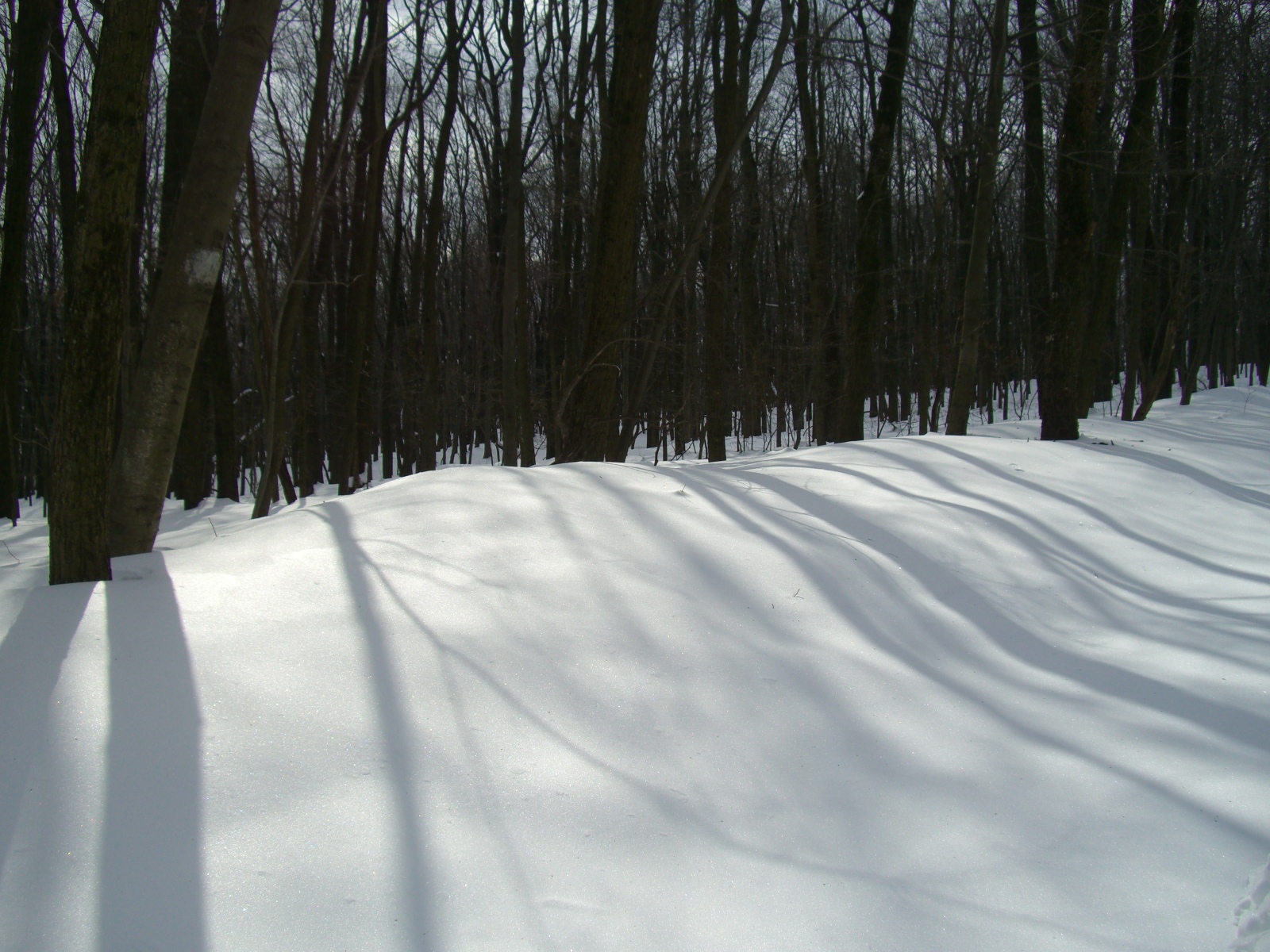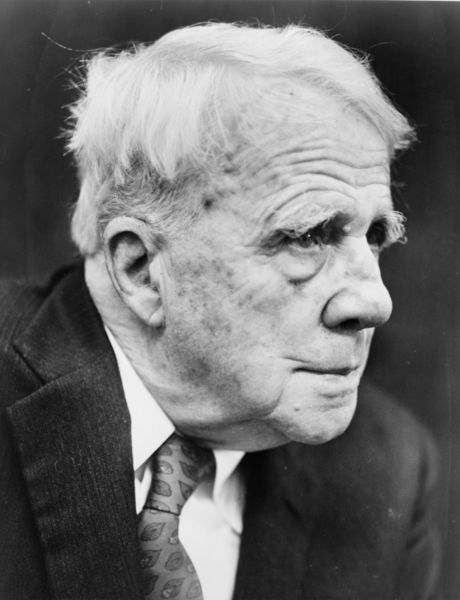The Tuft of Flowers
“Iamb the Iamb,” Robert Frost said. As strictly as The Tuft of Flowers sticks to form (iambic pentameter couplets here), in the reading Frost changes words: the instead of a in a reedy brook and it really sounds like he says bewildered instead of ‘wildered in a ‘wildered butterfly. My ear prefers bewildered. The poem remains organic, able to change. It’s alive.
The Tuft of Flowers
I went to turn the grass once after one
Who mowed it in the dew before the sun.
The dew was gone that made his blade so keen
Before I came to view the levelled scene.
I looked for him behind an isle of trees;
I listened for his whetstone on the breeze.
But he had gone his way, the grass all mown,
And I must be, as he had been,—alone,
As all must be,’ I said within my heart,
Whether they work together or apart.’
But as I said it, swift there passed me by
On noiseless wing a ‘wildered butterfly,
Seeking with memories grown dim o’er night
Some resting flower of yesterday’s delight.
And once I marked his flight go round and round,
As where some flower lay withering on the ground.
And then he flew as far as eye could see,
And then on tremulous wing came back to me.
I thought of questions that have no reply,
And would have turned to toss the grass to dry;
But he turned first, and led my eye to look
At a tall tuft of flowers beside a brook,
A leaping tongue of bloom the scythe had spared
Beside a reedy brook the scythe had bared.
I left my place to know them by their name,
Finding them butterfly weed when I came.
The mower in the dew had loved them thus,
By leaving them to flourish, not for us,
Nor yet to draw one thought of ours to him.
But from sheer morning gladness at the brim.
The butterfly and I had lit upon,
Nevertheless, a message from the dawn,
That made me hear the wakening birds around,
And hear his long scythe whispering to the ground,
And feel a spirit kindred to my own;
So that henceforth I worked no more alone;
But glad with him, I worked as with his aid,
And weary, sought at noon with him the shade;
And dreaming, as it were, held brotherly speech
With one whose thought I had not hoped to reach.
Men work together,’ I told him from the heart,
Whether they work together or apart.’
…..
Acquainted with Night
Acquainted with the Night is a good poem to show English language learners the present perfect, that period of time in the past that comes right up to the present but remains unspecified: “I’ve walked a mile.” “But when?” The simple past comes to an end: we know when: “I walked a mile last night.” “Last night. That’s when.” The present perfect has happened, and the expectation in this sonnet is that it will continue to happen, endless as heaven or hell, the agony never over like Sisyphus and his stone again and again and again.
Frost worked very hard on this poem for it to get its natural flow of lines so cleverly rhymed: ABA BCB CDC DADA AA, a sonnet written in iambic pentameter; students can get a feel for the flow of the language, listen for the rhymes, and become familiar with the sounds.
Robert Frost knew sadness and depression. He’s a man whose own feet are not his own: “I have stood still and stopped the sound of feet.” Whose feet? He can’t connect with them anymore than the cry he hears connects with him. Like Prufrock whose mermaids sing each to each, but not to him (how sad), no one calls or cries for Robert Frost at the edge of town as he walks into the dark. Ah, but he walks. And he comes back to tell us about it.
Acquainted with the Night
I have been one acquainted with the night.
I have walked out in rain—and back in rain.
I have outwalked the furthest city light.
I have looked down the saddest city lane.
I have passed by the watchman on his beat
And dropped my eyes, unwilling to explain.
I have stood still and stopped the sound of feet
When far away an interrupted cry
Came over houses from another street,
But not to call me back or say good-bye;
And further still at an unearthly height,
One luminary clock against the sky
Proclaimed the time was neither wrong nor right.
I have been one acquainted with the night.
…..
The Road Not Taken
Is this a good poem, one of the great American and world poems, or just a feel good one, well-crafted with a reassuring clever rhyme that tells us we did the right thing, cast the right vote, took the right path, the harder one that required more perseverance and thought? Is Frost telling us the truth or merely what we want to hear, that we made the right choice? The poem certainly has artifice. Does it also have soul and guts?
One thing that pleases me about the poem is that it is like walking, wandering without pause from the first stanza into the second, and then into the third where the first sentence ends, and a second and a third are contained, as if the traveler has stopped to think. The last stanza stands by itself, one sentence from beginning to end. I came, I thought, I did.
…….
…….
The Road Not Taken
Two roads diverged in a yellow wood,
And sorry I could not travel both
And be one traveler, long I stood
And looked down one as far as I could
To where it bent in the undergrowth;
Then took the other, as just as fair,
And having perhaps the better claim,
Because it was grassy and wanted wear;
Though as for that the passing there
Had worn them really about the same,
And both that morning equally lay
In leaves no step had trodden black.
Oh, I kept the first for another day!
Yet knowing how way leads on to way,
I doubted if I should ever come back.
I shall be telling this with a sigh
Somewhere ages and ages hence:
Two roads diverged in a wood, and I—
I took the one less traveled by,
And that has made all the difference.
…..
Stopping by Woods on a Snowy Evening
After staying up the whole night working on another poem, Stopping by Woods on a Snow Evening came to Frost as “a hallucination” as he took a breath outside and saw the rising sun. He wrote his vision down and luckily while in this trance no one knocked on the door or rang him up to break the fluid poem written in four stanzas of four lines in iambic tetrameter (four feet to a line) and a rhyme scheme that uses four rhymes (know, here, lake, sweep) that flow intricately and effortlessly toward its end, home, a perfect place we know (and hope) with warmth and love and artifice and soul, the last four lines all ending with the same reassuring sounds of sleep and keep, far from the lovely sweep of cold deep snow.
Writers write so much, and good ones know, when all is said and done, very little lasts beyond their time and place. Frost thought and wrote to his friend Louis Untermeyer that Stopping by Woods on a Snowy Evening was “my best bid for remembrance”.
…
…
Stopping by Woods on a Snowy Evening
Whose woods these are I think I know.
His house is in the village though;
He will not see me stopping here
To watch his woods fill up with snow.
My little horse must think it queer
To stop without a farmhouse near
Between the woods and frozen lake
The darkest evening of the year.
He gives his harness bells a shake
To ask if there is some mistake.
The only other sound’s the sweep
Of easy wind and downy flake.
The woods are lovely, dark and deep.
But I have promises to keep,
And miles to go before I sleep,
And miles to go before I sleep.
…..
Dust of Snow
Dust of snow. It is unexpected. Grace comes in a moment.
Dust of Snow
The way a crow
Shook down on me
The dust of snow
From a hemlock tree
Has given my heart
A change of mood
And saved some part
Of a day I had rued.
All these poems taken from the Caedmon Recordings.
